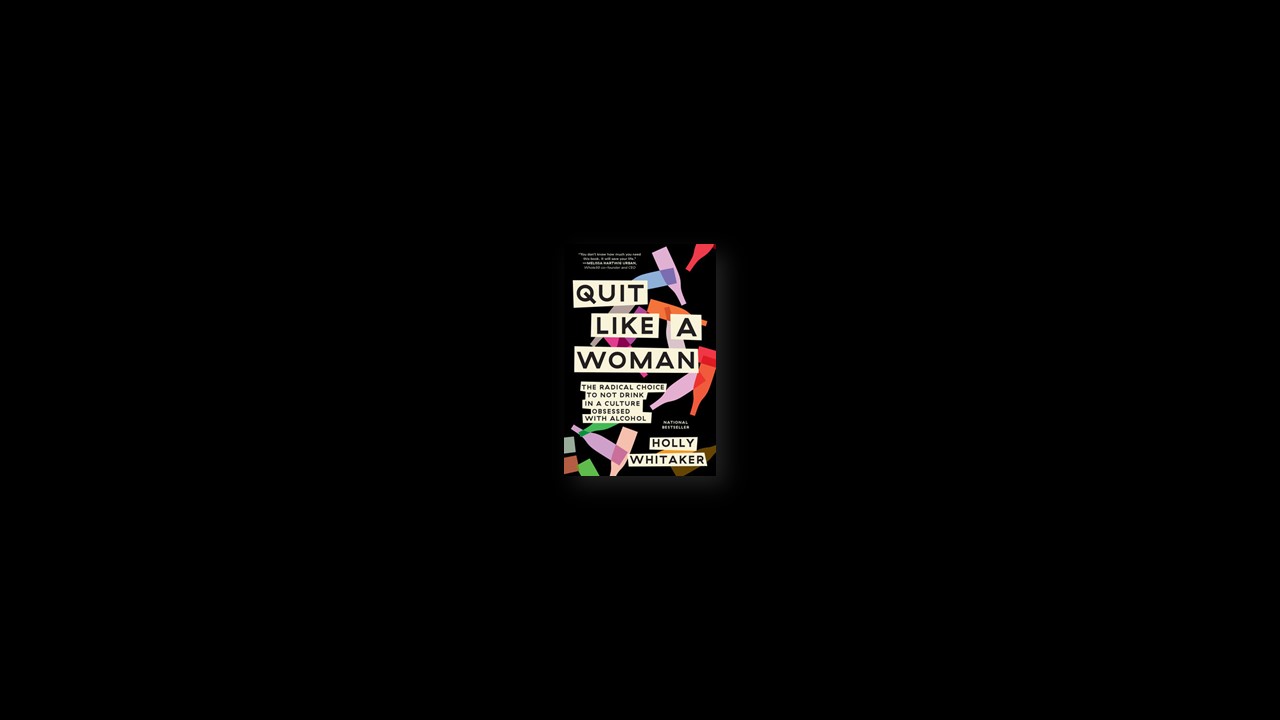A paternalistic or patriarchal recovery paradigm will start off with the assumption that you are compromised and defective; broken and in need of fixing; cannot be trusted with your own life decisions; and must follow an exact template, and rules, of someone else’s making. This is a top-down approach, like the thumb of God descending from above to push you down into a little box.
A feminine-centric recovery paradigm assumes that you are already whole and perfect; it is not you who is broken but the system; you are the expert on your own life, and therefore you make the template, and you make the rules. It is a bottom-up approach, which means that whatever systems exist are there to support your healing, decision making, and process.
The six elements listed below are not a checklist; they are a holistic framework to guide our evolution and healing. Existing within a patriarchal system means we’ve constantly equated our processing with the masculine; we are conditioned to think in a goal-oriented, linear way and approach most things as projects, as tasks to be completed.
To live another way, we have to approach our recovery a different way, one that honors our feminine qualities. We have to account for our tendency to cycle, our fluidity, our ability to do multiple things at once, our need for rest and regeneration; we have to honor our nature, instead of forcing our nature into the machine in order to achieve an output.
The goal of most recovery paradigms is to get you sober. That’s not the goal here. This paradigm isn’t solely about abstinence; it’s about finding the lives we’ve got buried within us, and living those lives out loud. This is about finding the truest version of ourselves and letting that lead the way. Remember: this isn’t so much about what we do, but how we do it.
- Work with Our Core Beliefs
Our beliefs about anything flavor our experience of it. If we think quitting alcohol is some sort of punishment, that a sober life is impossible or a boring and endless void, then we are setting ourselves up for an experience that will feel punitive and pointless and ceaseless and depressing. If, however, we shift those perceptions and beliefs, and start to embrace a different idea—that recovery could be life-changing and emancipating; that the best is yet to come; that sobriety offers us everything alcohol promised—we’re setting up a very different narrative.
The core belief system about alcohol, addiction, and sobriety is one shaped by AA and other patriarchal structures; it is a world in which we are powerless and chronically diseased, one drink away from being a drunk. In order to heal, we must challenge everything we believe, everything we think we know.
- Weaken and Break the Cycle of Addiction
Instead of quitting cold turkey (or hyperfocusing on abstinence), we focus on understanding, weakening, and eventually breaking the cycle of addiction. This means we engage with and reevaluate our concepts of will, work with our willpower, manage our energy, and develop new habits, routines, and rituals. Breaking the cycle of addiction also means facing cravings head on and learning to ride them out and eventually burn through them. Some of the things we do to weaken the addiction will be the same as what we do to weaken the root causes (such as meditation), while other practices are specifically geared toward breaking up the addiction (developing new rituals and habits). There is some overlap here, but healing root causes and overcoming addiction are distinct concepts.
- Add Healthy Coping Mechanisms
Regardless of how much work we do to heal our root issues, we will always need to deal with life, people, our family, assholes, emotions, pain, disappointment, anxiety, depression, loss, grief, and stress. So we need to not only work on the root causes and break the cycle of addiction, but also to replace our crappy coping mechanisms with healthy and constructive ones. Some examples of healthy coping mechanisms are: breathing techniques, spiritual practices, essential oils, chants and sound therapies, supplements, meditations, positive affirmations, and so on.
We need to learn how to incorporate these healthy substitutes—not just know what we “should do.” We need to create an existence where we naturally and impulsively reach for something that builds us up or reinforces us or heals us (a poem or mantra, a meditation, a cup of hot water with lemon) instead of something that just takes us down further (a cigarette, a text to an abusive ex-lover, a bottle of wine, a new pair of shoes we can’t afford). Maybe this sounds obvious or even simple, but if you’ve been turning to unhealthy and destructive coping mechanisms to get by for your entire life, you’ll need to learn an entirely different way of moving through the world.
- Get at the Root Causes
While we’re working to break the cycle of addiction and adding healthy coping mechanisms, we must go deeper, to figure out what drove us outside ourselves in the first place. In other words, we need to intentionally deal with the root causes of our addiction.
The reason you are turning to a substance to cope is as complicated as you are, and the only way you can get at what is causing you to need to numb out and escape is to look at the things that are driving that discomfort and to start adding solutions there. This means dealing with your fears head on, adding in meditation to start balancing out your anxiety and stress, working with your physical health, renegotiating (or healing) your trauma, creating a connection to something bigger than yourself, creating connections with other humans, finding joy, finding meaning, and really, just tuning in to an extreme mode of healing. You don’t do this all at once, but you do need to get at the underlying causes and start doing things to ultimately make your body and your life a safe place for you to exist.
- Practice Sobriety
An abstinence-based program measures success in one dimension, which is the amount of sobriety you have under your belt. It assumes you must stop drinking immediately, or else you aren’t really serious about getting better. In many ways, this is like expecting to run a marathon before you even start training for it. There is so much bullshit rhetoric about how drinking while trying not to drink is some sort of failing or weakness or flaw, some sign of eternal fucked-upness, or even evidence that we aren’t taking it seriously enough.
The biggest problem with equating abstinence with success is that it immediately excludes people from treatment who can’t quite get there. People are kicked out of rehab for using while trying to quit, or they are alienated and shamed for not living up to this philosophy of perfectionism. It creates too high a bar and ends up being counterproductive and disincentivizing to most people. The last thing you need when you’re trying to quit drinking is stress, and being told that your success on this path is measured by your (perfect, seamless) abstinence, or that you must go back to square one if you drink while trying to quit, only makes you feel more helpless, more defeated, and therefore more in need of a drink.
Practicing sobriety is exactly as it sounds; it’s like any other thing you need to learn. You start where you are, you try, and when you fail or miss the mark—instead of beating yourself up or telling yourself you’re a weak-willed piece of crap and always will be—you remember that success is built on failure, and all that’s happened is you’ve gotten that much closer to where you’re going, not further away.
- Create a Recovery That Evolves as You Do
Just like the Universe, we are constantly and forever expanding. We are not meant to adopt one belief system or one set of practices and stay there forever; we are meant to develop new belief systems, new practices and routines and rhythms and ways of being, wear them for a while, and eventually blow them up so we can grow into the next one.
You will evolve, you will change your mind, you will fall in love with philosophies and then one day wonder how you could have ever bought into that crap or been so naïve. For the same reasons that believing in Santa Claus serves a purpose until it doesn’t, so do different frameworks you’ll encounter. Use what feels right at the time it feels right, leave things behind when they no longer serve you. Trust the evolution of the process.


